The conservative Heritage Foundation has developed a dangerous document to help destroy state legalized cannabis.
The powerful Heritage Foundation has had substantial influence upon Republicans since it helped chaperon Ronald Reagan and is providing major guidance to the Donald Trump administration. The foundation, abbreviated Heritage, is supposedly conservative, but without the commitment to small government, state’s rights, and individual liberty. Heritage’s brand of authoritarian conservationism emphasizes bigger military, aggressive and preemptive military action around the world, and social conservatism. Apart from gun rights, the foundation rejects the more constitutional and libertarian conservationism that would emphasize smaller government and individual rights.
This devious scheme, How Trump’s DOJ Can Start Enforcing Federal Marijuana Law, was penned by Heritage’s Cully Stimson. The 11-point plan uses government coercion to demolish state medical and adult-use legalizations of marijuana. Michael Roberts wrote of the plan and some of the worried reaction in Westword.com. He quotes Justin Strekal, NORML’s policy director,
I’ve been screaming about this to anyone who will listen, just because of the outsized influence the Heritage Foundation has had over the administration’s policies.
The Heritage Foundation’s 11-point plan is printed below, along with commentary. This insidious scheme is a blue-print for big, coercive government to crush to freedoms, livelihoods, and medical choices of tens of millions of Americans.
1. Reaffirm support for the law. Issue a statement affirming the incoming administration’s commitment to the Controlled Substances Act with the goal of reducing, not expanding, the use of marijuana in the nation.
Attorney General Jeff Sessions has repeatedly spoken against marijuana and its legalization. Recently, Session claimed “that this drug is dangerous, you cannot play with it, it is not funny, it’s not something to laugh about . . . and to send that message with clarity that good people don’t smoke marijuana.”
The president has made forceful but vague comments about the evils of drugs in general: “…the criminal cartels that have spread across our nation and are destroying the blood of our youth.” It seems that Trump is content to let Jeff Sessions set policy on drugs, including marijuana, not good for legal marijuana.
2. Coordinate with lower-level officials. Have the new attorney general prioritize reaching out to governors and key law enforcement officials in states that have legalized marijuana to work with them on enforcement of federal marijuana laws.
Jeff Sessions has “reached out” to political leaders in legal states, basically challenging them to confront his accusations that legal marijuana in their state is out of control and somehow a threat to the nation. Governors of four adult-use legal states, Washington, Oregon, Colorado and Alaska have given his meddling a cold reception. So far, the Attorney General’s efforts here have been an abysmal failure.
These state governors, their attorneys general, and law enforcement, including state police, have informed Jeff Session’s that his analysis is in error, that they are working hard on successfully regulating state legal marijuana, and by the way, stay out of our state.
One set of “lower-level officials” Sessions may have much more success with is local, county, and regional law enforcement and drug task forces. With this tactic the feds can by-pass newly reluctant state officials, and bring down the drug war hammer to America’s highways. Sessions is pushing asset forfeiture programs where the DEA returns a good portion of seized asset directly back to the police who seized them. This program, if implemented on a massive scale would provide Sessions with an army of drug warriors on the ground and an enormous cash flow free from any congressional restrictions on spending.
3. Reassert America’s drug position on the world stage. The White House should make clear that the United States continues to support the three international drug conventions, and that it intends to change its domestic policy to reflect that support.
“Changes in domestic policy” is code for de-legalize medical and adult use marijuana in all states. These three treaties, which the US has long used to badger any country wishing to explore any policy other than hard line criminalization, mandate no legal cannabis. Up until now, the administration has made no new assertions of the treaties.
Internationally, President Trump has gone out of his way to praise Philippine president Dutarte in his genocidal war on drugs.
As always, Trump blames Mexico for America’s drug problem and as a way to sell his border wall. He said in a recent press conference,
Tremendous drugs are pouring into the United States at levels that nobody has ever seen before. This happened over the last three to four years in particular. The wall will stop much of the drugs from pouring into this country and poisoning our youth.
4. Up the profile of key drug enforcement personnel. Restore to Cabinet-level status the position of the director of the Office of National Drug Control Policy, and adequately fund the office so that it can be effective.
This has not been done. The drug czar still lacks cabinet status and indeed the position is filled with an interim replacement. Same with DEA, where Obama’s administrator Chuck Rosenberg remains in place. The recent opioid panel chaired by Chris Christie had little involvement with the ONDCP.
5. Rescind and replace the August 2013 memorandum from then-Deputy Attorney General James M. Cole — i.e. the “Cole Memo.” The Department of Justice could do this by reiterating that marijuana cultivation, distribution, and sale are against federal law and that while states may decriminalize possession of marijuana, they may not issue licenses to sell it or commercialize it. Reiterate that the federal government is not locking up people for smoking marijuana, and that state employees are not going to be arrested, but that the Department of Justice fully expects states to not permit commercialized marijuana production and sale.
The Cole memo remains intact. But Sessions and his army of federal prosecutors and thousands of assistant prosecutors could commit havoc in all states by seeking out violators of the memo. If legalized states were compelled by the federal government to end their regulation of marijuana, then all the controls over (and taxes gained) from legalization would vanish, leaving an unregulated marijuana marketplace.
6. Select marijuana businesses to prosecute. Find a handful of cases in which large, well-funded marijuana businesses are in violation of both state and federal marijuana laws and prosecute both their management/operators and financiers. A real threat of prosecution will raise the cost of capital in the industry significantly, and seriously impede any operations above the cottage-level. Moreover, selection of unsympathetic defendants in violation of both state and federal law will (1) minimize political pushback, (2) avoid conflict with congressional appropriations provisions, and (3) clearly demonstrate the failure of the Cole Memo.
The shoe has not dropped on selective federal prosecutions, but probably soon will. Among Session’s army of 94 US Federal Prosecutors, those in adult-legal states are doubtless salivating at the prospect of prosecuting “well-funded marijuana businesses” to satisfy their goals of easy mandatory minimums, asset forfeitures, wide-spread publicity, and, priceless, pleasing their boss Jeff Sessions.
Now anti-marijuana activist (and key Obama drug policy advisor) Kevin Sabat’s SAM organization has come out with recommendations mirroring this tactic, claiming the Cole Memo has failed and that Americans need the “protection” of a reenergized war on marijuana.
7. Rescind the Financial Crimes Enforcement Network’s guidance for banks and oppose efforts to expand banking services to the marijuana industry. One of the principal brakes on the expansion of the marijuana industry is its lack of access to banking. Once pot businesses have regular, unimpeded access to institutional capital, their ability to scale up will expand significantly—and the financial sector will begin to lobby in favor of expanded sales of the drug.
Also part of Sabet’s anti-legalization tract is the maintenance of the shunning of cannabis businesses by banks. Lack of banking access is indeed a desperate problem for the industry. Federal legislation has been introduced to fix this problem, but will likely fail.
8. Support state attorneys general in nonlegalized states. Nonlegalized states have suffered significantly from illegal diversion of marijuana from legalized states, and from the apparent uptick in sophisticated cartel activity there. Support could include entering as an amicus to support the merits of the suit Nebraska and Oklahoma filed against Colorado.
The suit by Nebraska and Oklahoma against Colorado legalization gained the enmity from many conservatives because of its raw attack on state’s rights. The Oklahoma Attorney General who participated in the suit against the rights of the voters of Colorado was none other than current EPA head Scott Pruitt. The Supreme Court ruled against the case in 2016, but left open that it might be resolved in federal court, so the danger is not over. Anti-marijuana and anti-environment zealot Pruitt said, “The fact remains — Colorado marijuana continues to flow into Oklahoma, in direct violation of federal and state law.”
9. Prosecute those dealing in marijuana — which is illegal under federal law — using the Racketeer Influenced and Corrupt Organizations Act (RICO). Those who engage in a pattern of racketeering activity through a corporation or other enterprise are liable for three times the economic harm they cause. RICO gives federal courts the power to order racketeering enterprises and their co-conspirators to cease their unlawful operations.
RICO is indeed a scary prospect, and appears to be underway. With 5,000 assistant US Attorneys needing something to do, a flood of RICO lawsuits is a nauseating possibility. The precarious status of cannabis as a Schedule I drug enables the RICO action originally written to attack the mafia. Soon it may be used to legally annihilate even small scale cannabis operation. More on this RICO peril in later posts.
10. Prosecute those who provide financing for marijuana operations. Federal anti-money laundering statutes make it illegal to engage in financial transactions designed to promote illegal activities, including drug trafficking. Start with one major marijuana financier and successfully prosecute it.
Easy prosecutions with possible asset forfeiture and favorable publicity will excite the interest of Session’s US Attorney army. The assumption is probably correct that the destruction of a few industry leaders and financiers could strike damaging blows to the industry.
11. Empower the FDA to take action to regulate marijuana in order to protect patients and the public. Marijuana legalization poses a public health problem, and the FDA should be tasked with investigating marijuana for chemical contamination and pesticides. Marijuana should also be subject to the standards of the rigorous criteria of the FDA approval process, which has been carefully constructed to protect consumer and patient health and safety.
That is, use another US bureaucracy to kill off the powerful new cannabis preventative, palliatives and cures before their momentum and public demand rise to unstoppable levels. Many reformers fear an outside FDA influence should cannabis be down-scheduled to Schedule 2. All the more reason cannabis must be removed from the Controlled Substances Act prison altogether.
In sum, these eleven coercive tactics could deliver considerable pain to cannabis consuming Americans, marijuana entrepreneurs and workers, and medical users across the country. They could also deliver political pain to the politicians supporting them as they go against the majority will to legalize marijuana, especially medical.

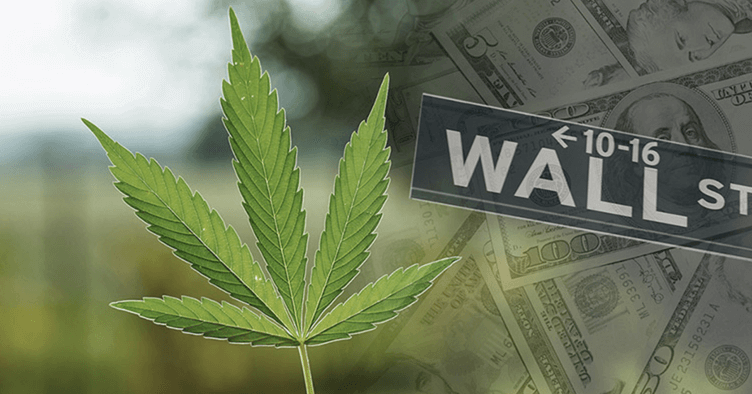
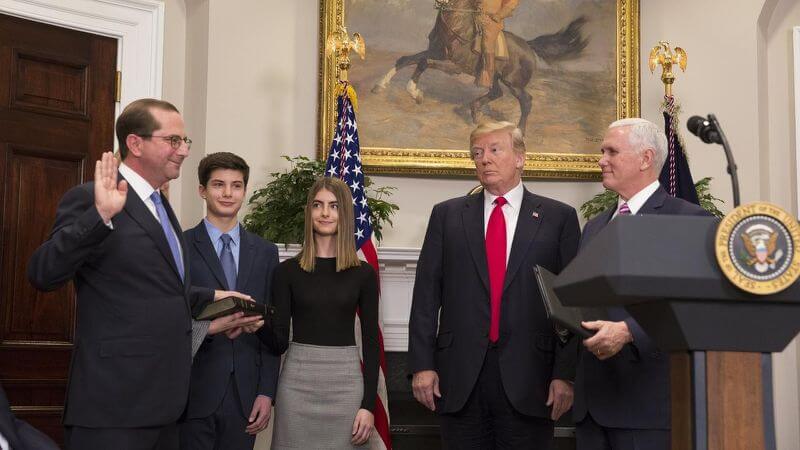
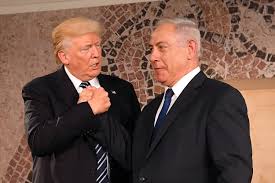

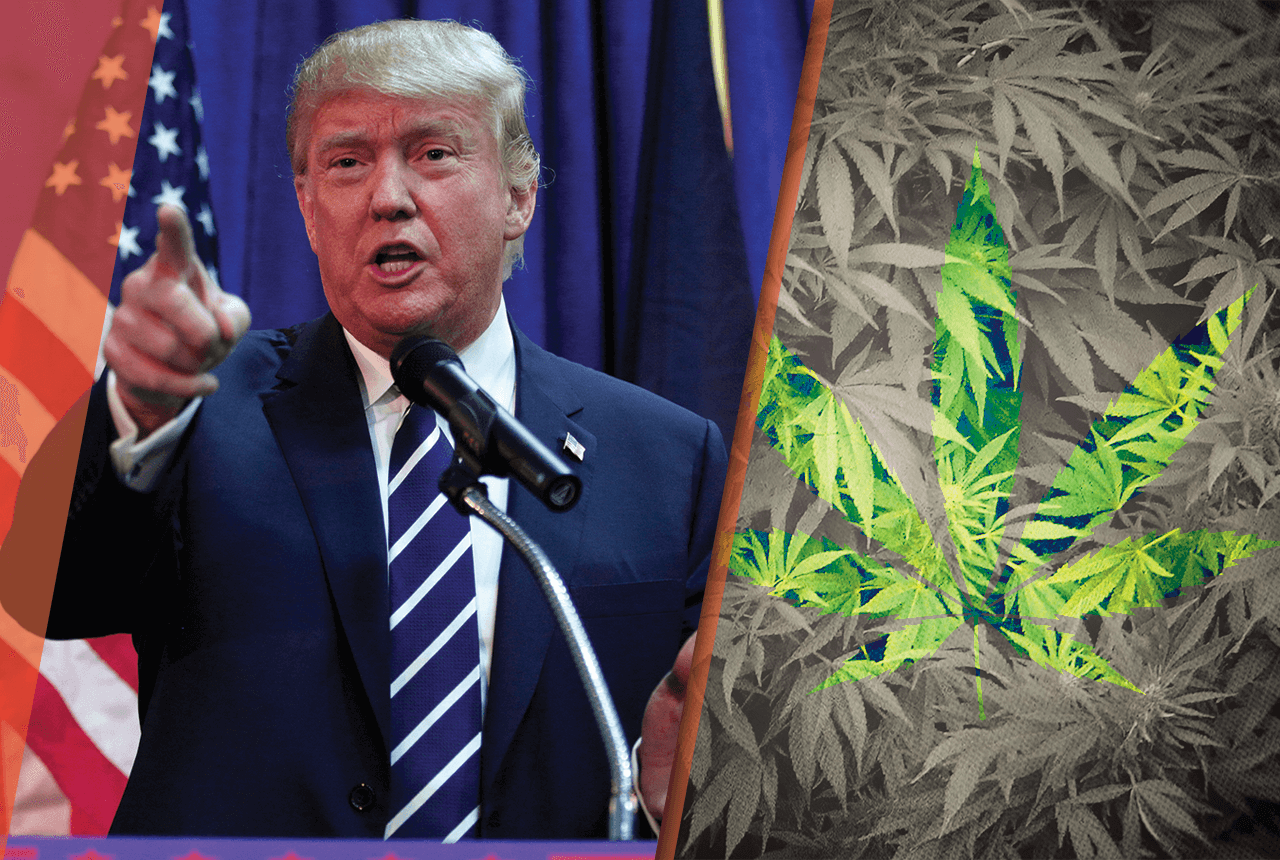

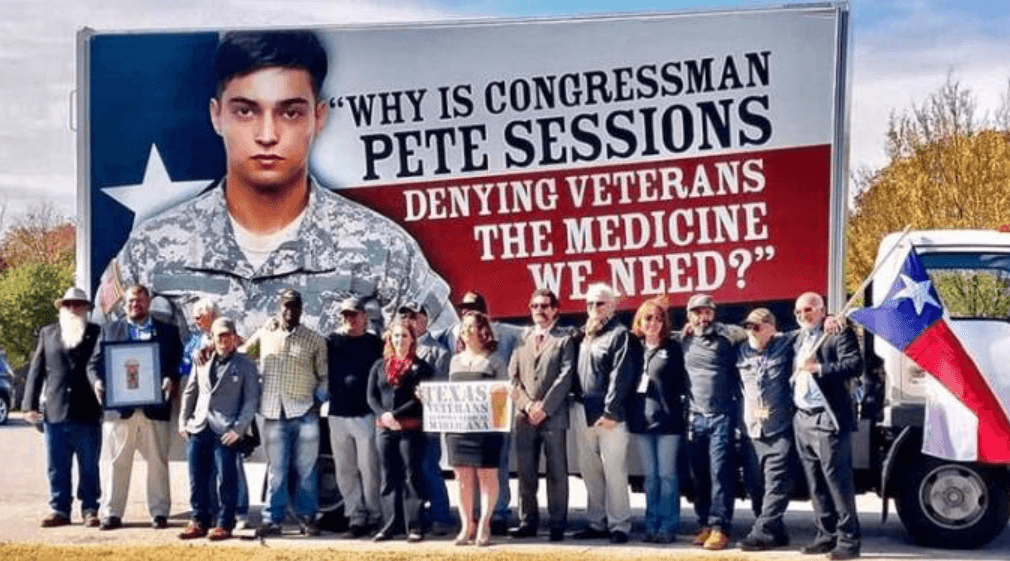
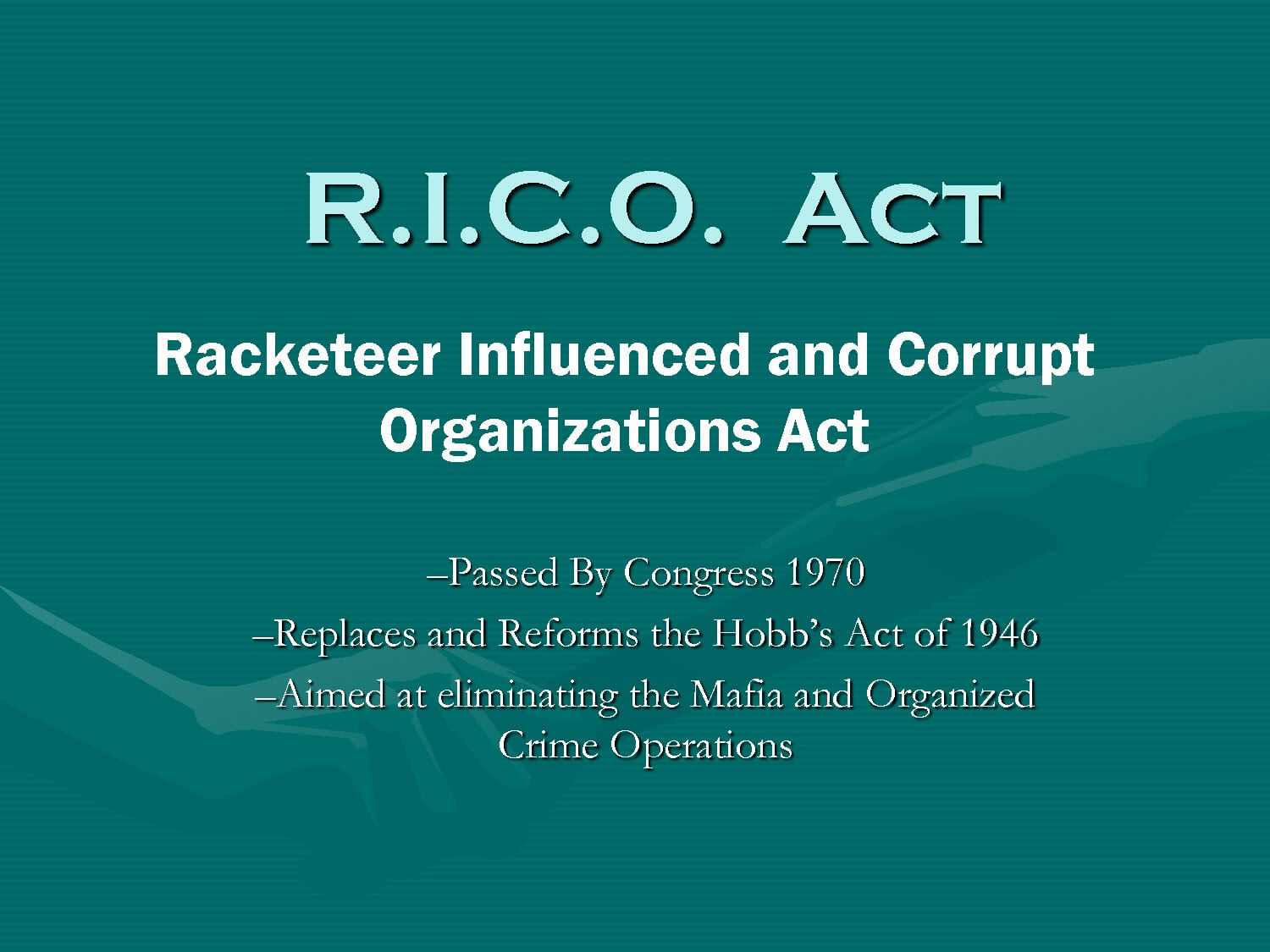
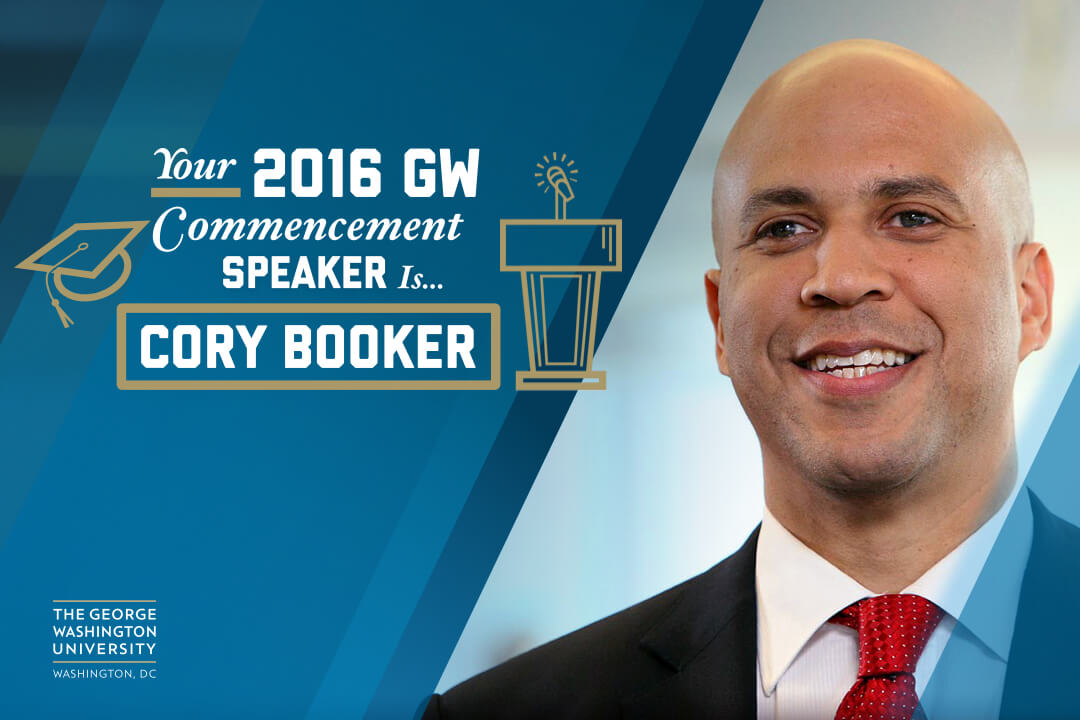

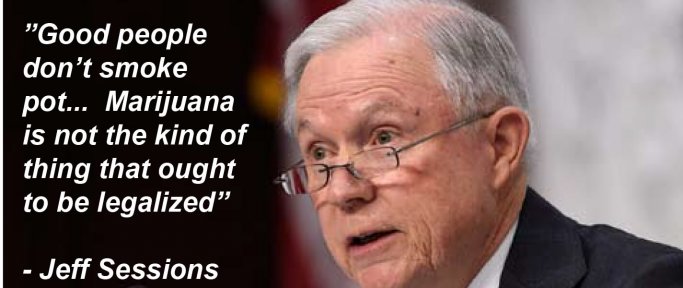
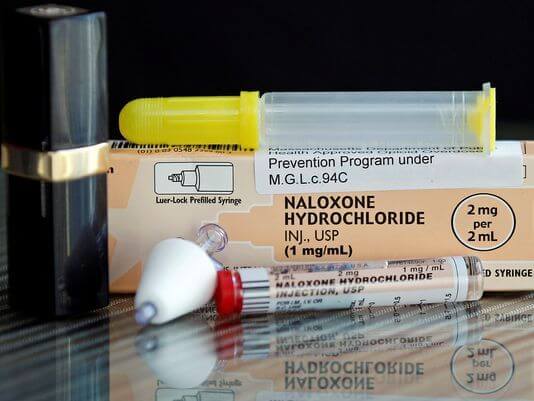
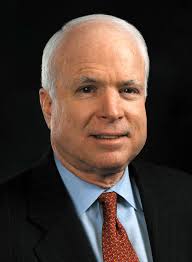
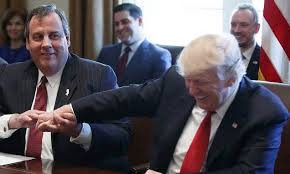
 Jared Kushner, the president’s son-in-law assume a prominent role in the panel. Although he lacks any experience in government,
Jared Kushner, the president’s son-in-law assume a prominent role in the panel. Although he lacks any experience in government, 
 Patrick Kennedy, ex-congressman and former prescription drug abusing driver, and current Big Pharma flack is next up. Ill deserving of his last name, Kennedy is perhaps best remembered for playing bumper cars in the middle of the night in Washington D.C.,
Patrick Kennedy, ex-congressman and former prescription drug abusing driver, and current Big Pharma flack is next up. Ill deserving of his last name, Kennedy is perhaps best remembered for playing bumper cars in the middle of the night in Washington D.C., 





